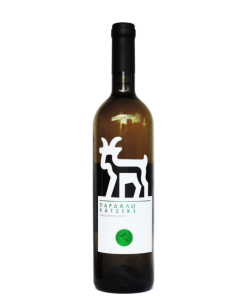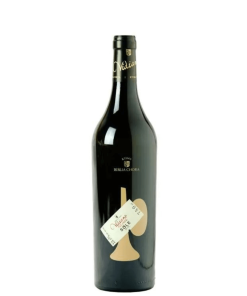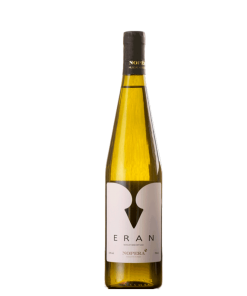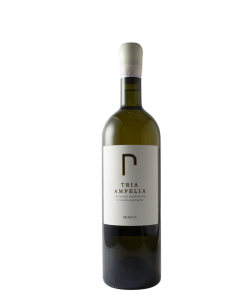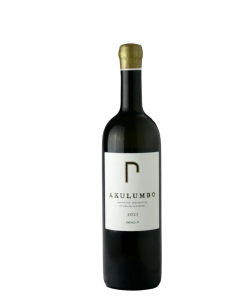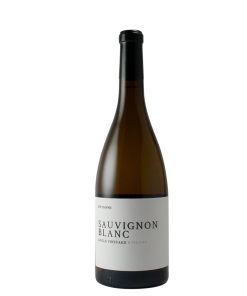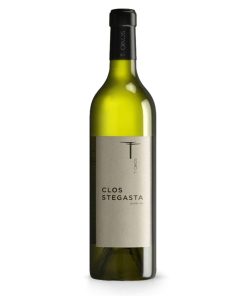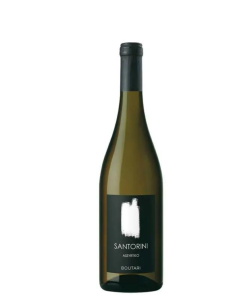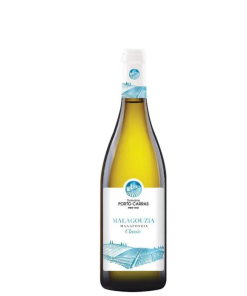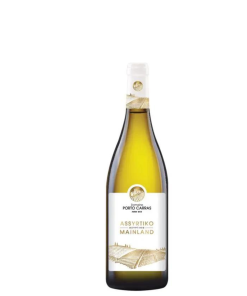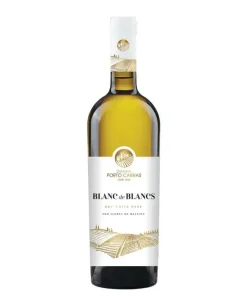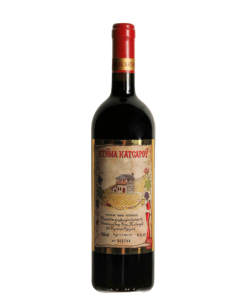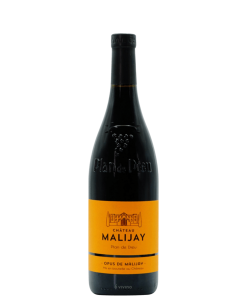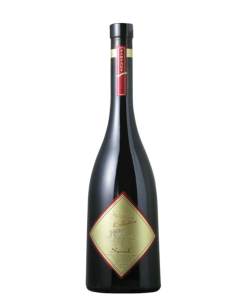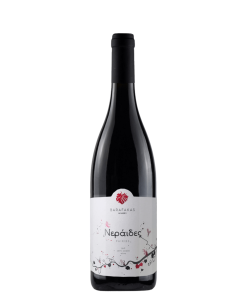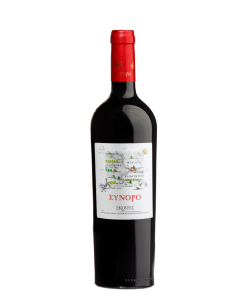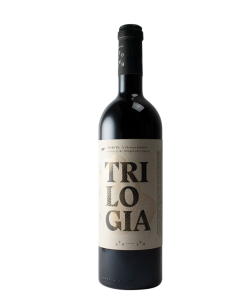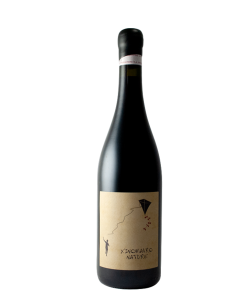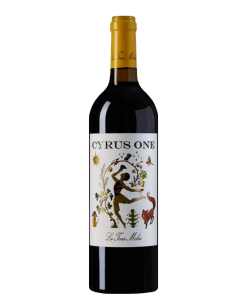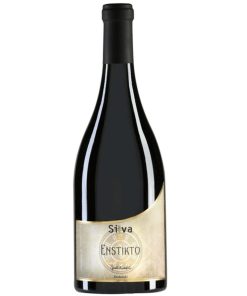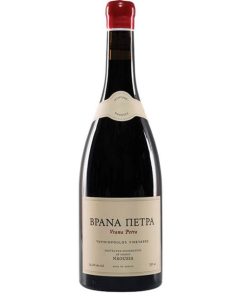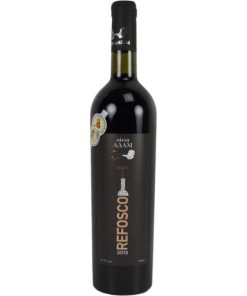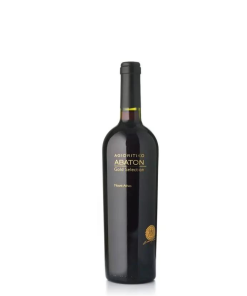What wines go in the fridge?
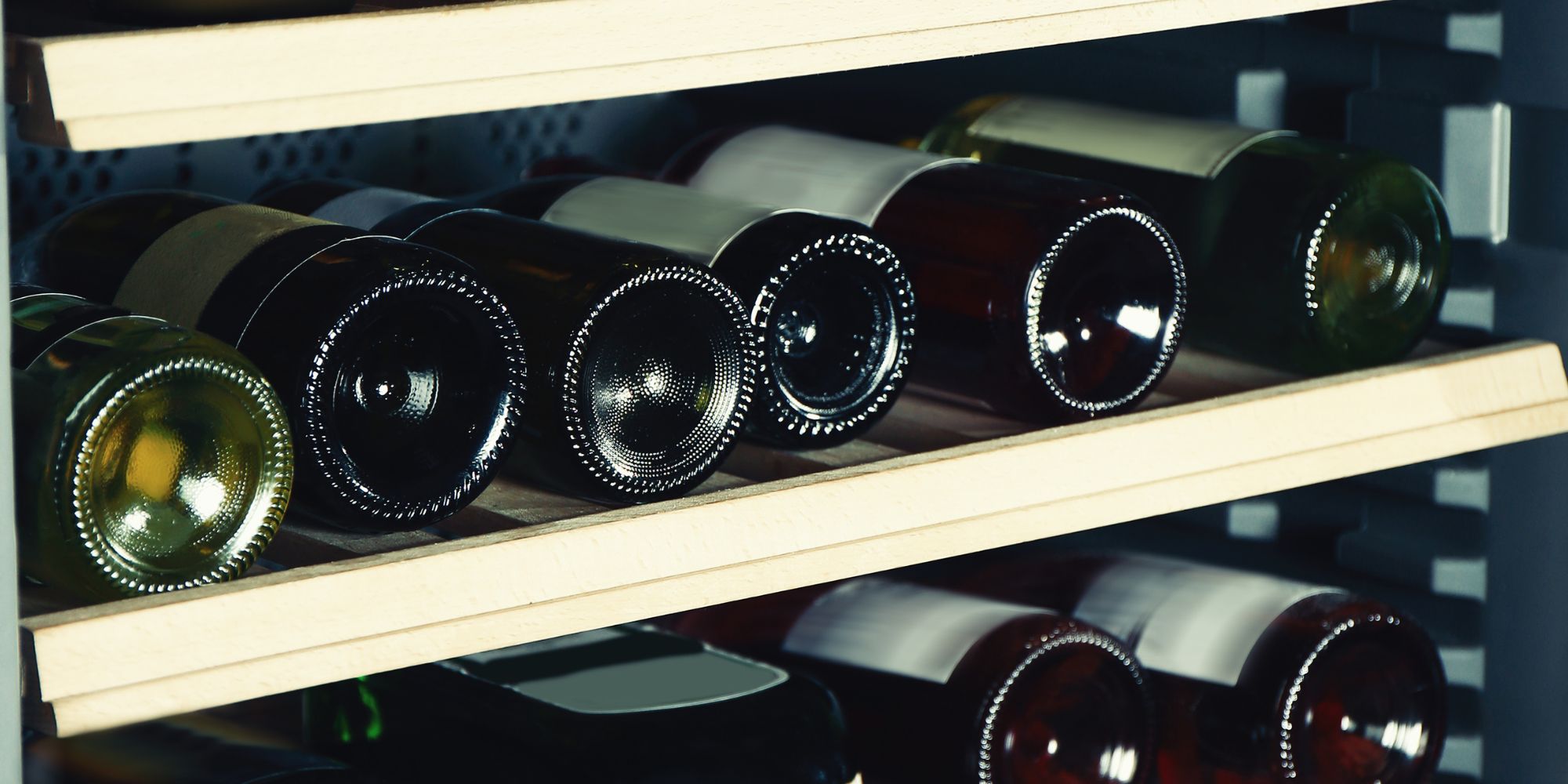
As for storage wine, the right conditions can make all the difference in preserving the taste and quality of your favorite bottles. While many wines are traditionally stored in a wine cellar or refrigerator, there are times when refrigeration is necessary.
The importance of proper wine storage
Proper wine storage is vital to preserving the flavor and aroma of your wines. Factors such as temperature, humidity and light exposure can significantly affect the aging process and overall Quality. When the wines exposed to high temperatures, they can spoil quickly, resulting in a loss of flavor and complexity. Likewise, if wines are stored in a low-humidity environment, corks can dry out, leading to oxidation and possible spoilage. Finally, exposure to direct sunlight or harsh artificial light can cause chemical reactions in the wine, resulting in off-flavors.
Factors to consider when deciding whether a wine should be refrigerated
When determining whether a wine should be frozen, there are a few key factors to consider. Firstly, the type of wine plays an important role. Generally, the red ones wines they are not refrigerated, as they are usually served at room temperature to enhance their flavors. However, there are some exceptions, such as light reds like Beaujolais or Pinot Noir, which can benefit from a slight chill. On the other hand, white wines are often frozen to preserve their crispness and freshness. In addition, the intended serving temperature should also be considered. Some wines are meant to be served chilled, while others are best enjoyed at a slightly warmer temperature. Finally, the storage conditions of your home or cellar should be considered. If your storage space tends to get warm, you may need to refrigerate some wines to keep them from spoiling.
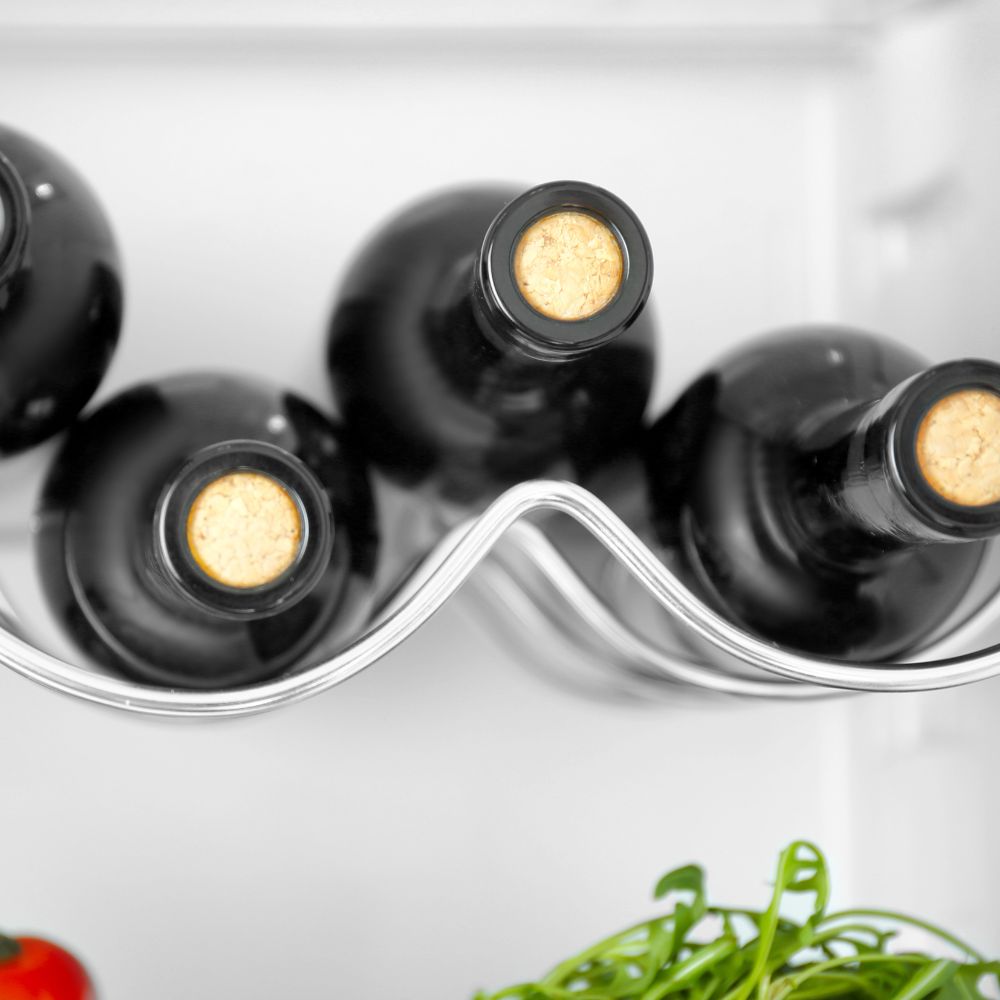
Red wines that can be frozen
While red wines are usually enjoyed at room temperature, there are a few exceptions that can benefit from being chilled. Lighter bodied reds like Beaujolais or Pinot Noir can be refrigerated for about 15-20 minutes before serving. Slightly chilling these wines can help enhance their fruity and refreshing qualities, making them ideal for warm weather or outdoor gatherings. However, it is important to note that over-chilling red wines can reduce their flavors and aromas, so be sure to monitor the temperature carefully.
White wines that should be chilled
The white wines they are generally served chilled, as the lower temperature helps preserve their acidity and subtle flavors. Crisp and dry white wines such as Sauvignon Blanc, Pinot Grigio and Chardonnay are best enjoyed refrigerated between 45-50°F (7-10°C). This temperature range allows the wines to showcase their lively fruit flavors and refreshing qualities. However, it is essential not to over-chill white wines, as extremely cold temperatures can mask their aromas and reduce their flavours. Ideally, white wines should be taken out of the refrigerator a few minutes before serving to warm slightly and reach optimal drinking temperature.
Sparkling wines and champagne that require refrigeration
The sparkling wines, including champagne, should always be refrigerated. The effervescence and delicate bubbles in these wines can easily be compromised if exposed to higher temperatures. Sparkling wines should be chilled between 40-45°F (4-7°C) to maintain their sparkling texture and lively character. It is worth noting that once a bottle of sparkling wine is opened, it should be consumed within a day or two, as the bubbles will disappear quickly.
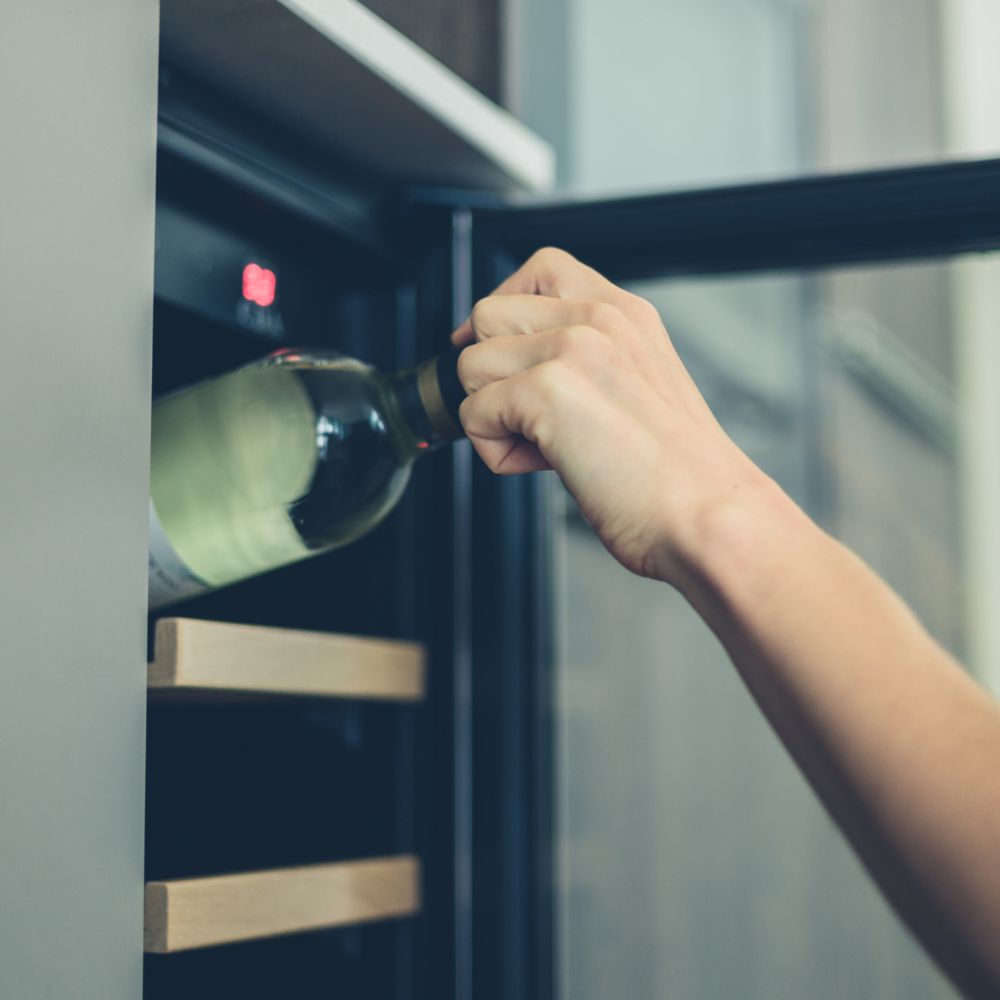
Other wines that can benefit from simple chilling
In addition to red, white and sparkling wines, there are other styles that can benefit from being chilled. Rosé wines, with their refreshing and fruity profiles, are ideal candidates for chilling. Similar to white wines, rosés should be served at temperatures around 45-50°F (7-10°C) to bring out their delicate flavors. Light and fruity reds such as Lambrusco or Gamay can also be chilled for a short time to enhance their refreshing qualities.
Wines that should never be refrigerated
While many wines can benefit from simple chilling, there are some varieties that should never be refrigerated. Full-bodied red wines such as Cabernet Sauvignon or Syrah are best enjoyed at room temperature to fully bring out their complexity and bold flavors. Refrigeration of these wines can lead to a loss of aroma and flavor nuances. Additionally, older or aged wines should be kept in a wine cellar or refrigerator at a constant temperature, as refrigeration can disrupt the delicate balance and aging process of these wines.
Tips for keeping wine in the fridge
When storing wine in the refrigerator, there are a few tips to keep in mind to ensure optimal conditions. First, avoid storing wine on the refrigerator door, as this area experiences the most temperature fluctuations. Instead, place the bottles on a shelf toward the back of the refrigerator, where the temperature is more consistent. Second, watch out for overcrowding the cooler, as this can restrict air circulation and lead to uneven cooling. Finally, if you plan to store wine in the refrigerator for an extended period of time, consider investing in a dedicated wine cooler or cooler that allows for precise temperature control.
Conclusion: Find the perfect temperature for your favorite wines
In conclusion, the decision of whether to refrigerate a wine depends on several factors, including the type of wine, intended serving temperature and storage conditions. While red wines are usually enjoyed at room temperature, lighter reds can benefit from a slight chill. White wines and sparkling wines should be kept in the refrigerator to maintain their freshness and vitality.
Other wines, such as rosés, pale reds, and sweet dessert wines, can also benefit from being chilled. However, it is important to avoid freezing red and older full-bodied wines, as this can compromise their flavors and aging process. By following these guidelines and storing your wines properly, you can ensure that each bottle is enjoyed to its fullest potential. Cheers!

